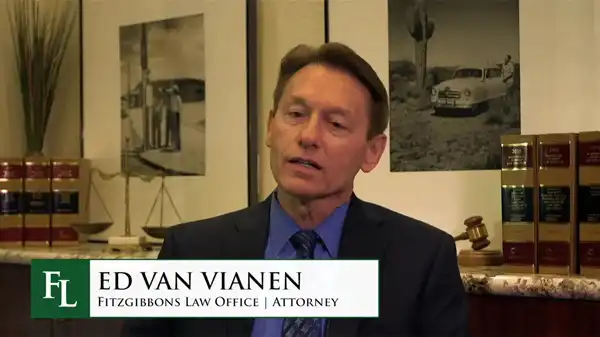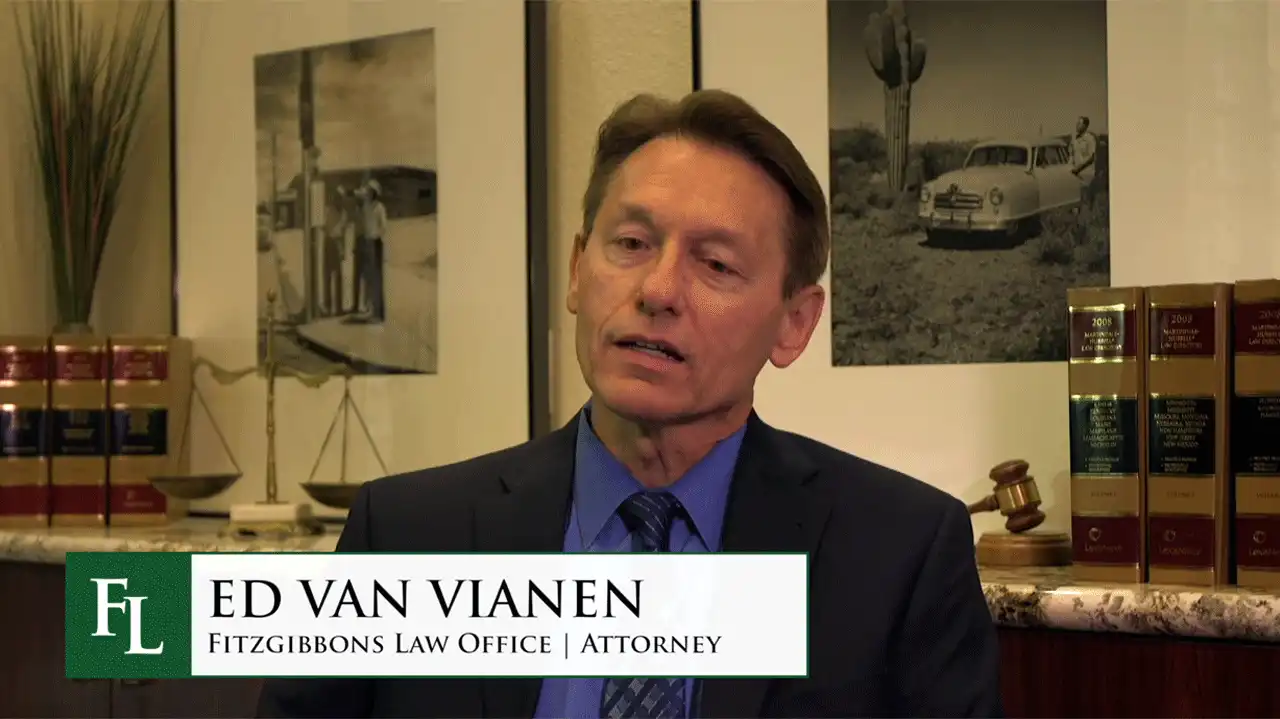Bankruptcy attorney Ed van Vianen helps financially distressed persons achieve debt relief, and he represents both debtors and creditors in Chapter 7 and Chapter 13 bankruptcy.
For over 20 years, Ed has represented clients in Casa Grande, Maricopa, and Pinal County and across Arizona in bankrutpcy and other adversarial proceedings.
Ed is a former Assistant Attorney General for the State of Arizona, a capacity in which he advised agencies in debt recovery and bankruptcy matters. He is a selectee of Arizona's Finest Lawyers, the American Institute of Legal Counsel's "10 Best Attorneys" for Arizona, and Lawyers of Distinction, and he is a member of the Saint Thomas More Society.





